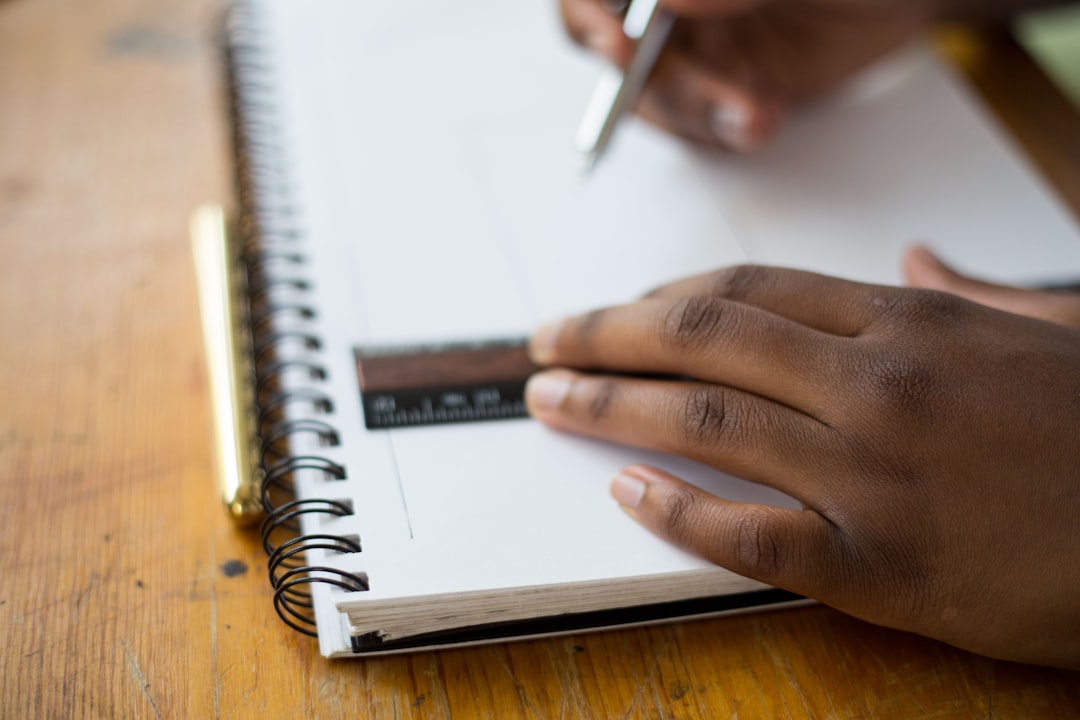Are you looking for tips on how to prepare for a job interview? In this article, we’ll look at the most common interview questions and offer a few tips to prepare for one. Regardless of your field, here’s what to expect. Read on to discover the best way to prepare for a job interview. And don’t forget to prepare for questions you’re not sure you’ll get asked.
What is the best way to prepare for an interview?
Before attending a job interview, you must know the company’s culture. You should find out about their philosophy of working, their core values, and what the company does for a living. Make yourself familiar with the company’s culture by reading its website and researching its values. You can then use keywords from the company’s website when you answer questions during the interview. You can also make your answers more personal by sharing some of your interests, hobbies, and previous work experiences.
When conducting a telephone interview, you should dress appropriately. Try to simulate a typical workplace setting, such as a table or desk. If possible, try to make yourself appear as if you belong in the company. Also, do not ask questions about benefits, time off, and pay. You can ask these questions later after you’ve been offered the job. Once you get the job, send the interviewer an email or handwritten thank-you note.
What are tips for a successful job interview?

Before going to an interview, do your research on the company. Employers don’t like candidates who don’t ask questions. You should also prepare some questions. These questions should be prepared well in advance so you can answer them during the interview. Remember to keep these questions simple and concise. You should also be prepared for unexpected questions. Remember that the best candidates evaluate the companies they’re applying to and evaluate the company accordingly.
Make sure you have a handy interview bag to carry all of your essentials. While you may need a briefcase for your everyday items, you should also carry a separate one for your interview essentials. A suitable bag should contain extra resumes and a notepad. You should also pack an emergency kit, including a band-aid, stain stick, umbrella, and breath mints. Your interview bag should also have extra resumes.
Remember that the hiring manager might ask you a series of questions designed to bring up your shortcomings. Remember that most employers don’t like to know how much you dislike the person they’re interviewing, so avoid badmouthing in your answers. Be yourself! Employers like people who make them feel good, so it’s crucial to let your personality shine through. Keep in mind that the hiring manager may not be able to pick up your weak points if you seem too phony.
What are tips for preparing for an interview?
One of the best ways to prepare for an interview is to do a little research online about the company. Check out the company’s website, blog, and Facebook page, as well as individual employee blogs. You can also follow the company on Twitter, and see what conversations they’re having. This can help you think of questions to ask during the interview. You might also want to bring up topics related to your hobbies, or something you learned during your job search.
While preparing for an interview, you should also prepare specific examples to answer any questions that you’re asked. It’s best to prepare ahead of time so you can answer the interviewer’s questions confidently. Also, try to practice answering the questions aloud 100 times, so you’re more comfortable. Choosing smart interview questions will help you show the employer that you’ve studied the company’s industry, and that you have done your homework.
What are the most common interview questions?
Your answer to “What are the most common interview questions?” should be honest and to the point. The interviewer is looking for insight into your personality and how you solve problems. For example, if you’re easily distracted while online, try sharing how you fix this problem by installing software that keeps you focused on a task. You also need to make sure your answer is short, as your interviewer is not interested in hearing your detailed history or explaining how long you’ve been with the company.

Career-related questions ask about your previous job. The interviewer is looking for someone who can bounce back and learn from mistakes. Try to think of examples of past projects or work-related experiences that you’ve handled in the past. Whether you were a pediatrician one year, and a professional chef the next, tell the interviewer about your experience and explain why the previous job didn’t suit you.
How do you introduce yourself?
While you’re at a job interview, you should be prepared for the questions that are bound to come up. Prepare your answers in writing. Your speech should focus on your skills and experience, using examples as needed to highlight your qualifications. Make sure to keep the tone professional, although you may be tempted to use slang or informal language. A pause is a good idea before speaking. Using your native language may be tempting, but don’t do it unless it’s necessary. Also, Americans are more direct and will ask about your interests.
When introducing yourself at a job interview, don’t simply give a list of your qualifications. Highlight your skills and your passion for the field. The interviewer will want to know that you’re genuinely excited about the job. Moreover, try to highlight your accomplishments and extra-curricular activities. Make sure to stay within a short paragraph and don’t ramble too much. In the end, the interviewer will be impressed and will want to hire you for your skills.
What are the things to avoid in an interview?
Don’t use buzzwords in your answers. Companies tend to have their own buzzwords, and a candidate may not know what those words mean. When addressing the interviewer, try to avoid using jargon. Avoid stating your opinions or answering questions too fluently. The interviewer wants to learn about you, not the company’s company culture. It’s difficult to run a team if everyone isn’t compatible.
Lack of enthusiasm is a big turn-off. It shows a lack of enthusiasm and often translates to a lack of enthusiasm for the company or job. People who don’t show enthusiasm often end up coming across as uninterested and insincere. The interviewer is also likely to see this as a drivel, so don’t use this excuse in your answers. Instead, be enthusiastic and genuinely interested in the job and company.
Be humble. Avoid using TMI or revealing ignorance of company information. Also, avoid criticizing previous or current employers. Interviewers will question your honesty if you complain about them. The interviewer has limited time, so don’t waste it with TMI. And always be polite. If you’re nervous, you should consider a practice run beforehand. If you have a friend, practice answering a few questions with him or her before the actual interview.
How do I impress my employer in an interview?
When you’re asked a question during an interview, be prepared to answer it. A good question should show that you’ve taken the time to learn about the company and its operations. You should mention your experience in a similar team, for instance. You can even use the question to showcase your passion for the job. However, you should also be aware of common mistakes candidates make during an interview. To avoid these mistakes, keep these tips in mind.

Use stories to get the interviewer interested and engaged. You may want to consider recording your interview and reviewing it later. Employers often scan social media pages before they make hiring decisions, so make sure that everything you post is clean. Remove any profanity or content that might make them uncomfortable. This way, you can make the most of the opportunity you’ve been given. Follow up with a personal note to thank the employer and reiterate why you’re a great candidate.
What are good signs in an interview?
An interviewer is likely to sell the company during the conversation. They may mention how the company provides the necessary benefits or the culture. Ask questions to gauge the interest of the interviewer. If the interviewer seems unsure about the position, ask questions about the company’s culture or the perks of working there. A bad sign is if the interviewer spends too much time talking about the company’s benefits and culture.
If the interviewer relates your past experience and interests to the role, the interviewer may mention it. Alternatively, he may talk about your current roles, such as the notice period, references, and salary negotiation. By being direct, the interviewer will help you to project your potential as a candidate. If he mentions these details, it could mean that the hiring manager is interested in talking to you.
The employer’s enthusiasm is indicated by his body language. Nodding, smiling, or leaning forward are all signs that the interviewer is interested in you and is looking for someone who can bring value to the company. The interviewer may also introduce you to his staff members. Lastly, if the interviewer smiles and nods when you answer a question, this means that the interviewer is interested in you and your potential.







